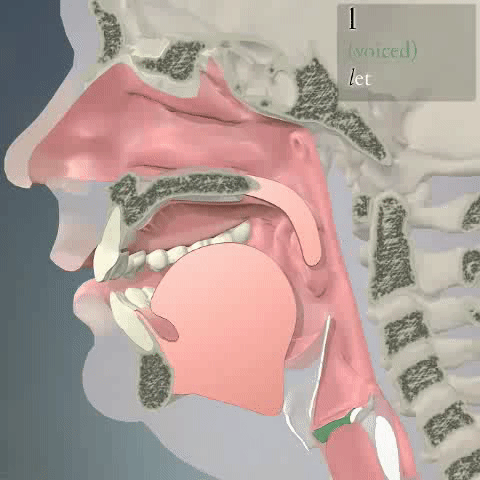The Enemy’s Weapons and Yours
 Wednesday, January 31, 2018 at 06:47AM
Wednesday, January 31, 2018 at 06:47AM  “No weapon formed against you shall prosper.” Isaiah 54:17.
“No weapon formed against you shall prosper.” Isaiah 54:17.
The history of the world and the history of warfare are one and the same. Vast empires have emerged and disappeared through war and conflict, and their fortunes were intrinsically tied to weaponry. Every innovation of a weapon over which an enemy had no power allowed some alien army or some unlikely warrior—like an Alexander, Napoleon or Hitler—burst forth on the horizon and terrorize the world.
In spiritual warfare, you must not be naïve in your assessment of the enemy and how he attacks the church. “Be sober, be vigilant; because your adversary the devil walks about like a roaring lion, seeking whom he may devour. Resist him, steadfast in the faith, knowing that the same sufferings are experienced by your brotherhood in the world.” 1 Peter 5:8-9. Satan has weapons that you haven’t even dreamed about. Not bombs and guns, but psychological and spiritual weaponry. He used them against Eve in the garden. He came at her with probing, persistent questioning. It was not a frontal assault, but an undermining maneuver that destroyed the foundations of her thinking and her relationship with God. He asked, “Has God said …?” It was an insidious shovel digging in the soil around her feet, softening up the ground where she stood.
Satan has a long history of this tactic. Many things considered harmless and even beneficial have become weaponized. Radio looked harmless, but Satan weaponized it with music that degraded and perverted decent living. He weaponized television with shows that have ravaged the moral code and put America’s mind in the gutter. Today, the internet is a seething cesspool of filth, porn, anarchy and sacrilege. Chatrooms, Facebook, Snapchat, Instagram, Periscope, sexting and other abuses of the social media have become a cancerous tumor metastasizing throughout our population.
All are affected. We’ve been shot at, beaten up, kicked to the curb and left for dead. “Beloved, do not think it strange concerning the fiery trial which is to try you, as though some strange thing happened to you.” 1 Peter 4:12. But, hold on! The devil may enjoy some initial success in his attack against us. His schemes seem to work for a while. The Scriptures say, however, that no weapon formed against us will prosper! Satan may win some initial battles; his weapons may sting and confuse us for a while, but they won’t prosper. Prosper means to flourish, to experience long, sustained success. Regardless of how formidable the adversary’s weapons, God has a protective shield around us. “We are hard pressed on every side, yet not crushed; we are perplexed, but not in despair—struck down, but not destroyed.” 2 Corinthians 4:8-9.
Here’s the best news: not only will the weapons formed against us fail to prosper, God has formed an arsenal of weapons for the church that will prosper! “For we do not wrestle against flesh and blood, but against principalities, against powers, against the rulers of the darkness of this age, against spiritual hosts of wickedness in the heavenly places. Therefore, take up the whole armor of God, that you may be able to withstand in the evil day.” Ephesians 6:12-13.
You have the weapon of prevailing prayer. James 5:16. Stop complaining and start praying. Quit grumbling and get on your knees. Instead of calling your friends, start communing with God. You have the weapon of the Word of God! Hebrews 4:12. Open it up. Read it out loud. Commit it to memory. Speak the Word. Pray the Word. Sing the Word. You have the weapon of your testimony! Revelation 12:11. Have you been healed? Have you been delivered? Have you had answers to prayer? Who are you telling about these things? The devil will tell you that no one wants to hear about them. Not true! Get your testimonies out. Dust them off. They are powerful weapons against doubt, unbelief and faithlessness. Satan’s weapons won’t prosper, but God’s weapons will prevail if only you will use them!







